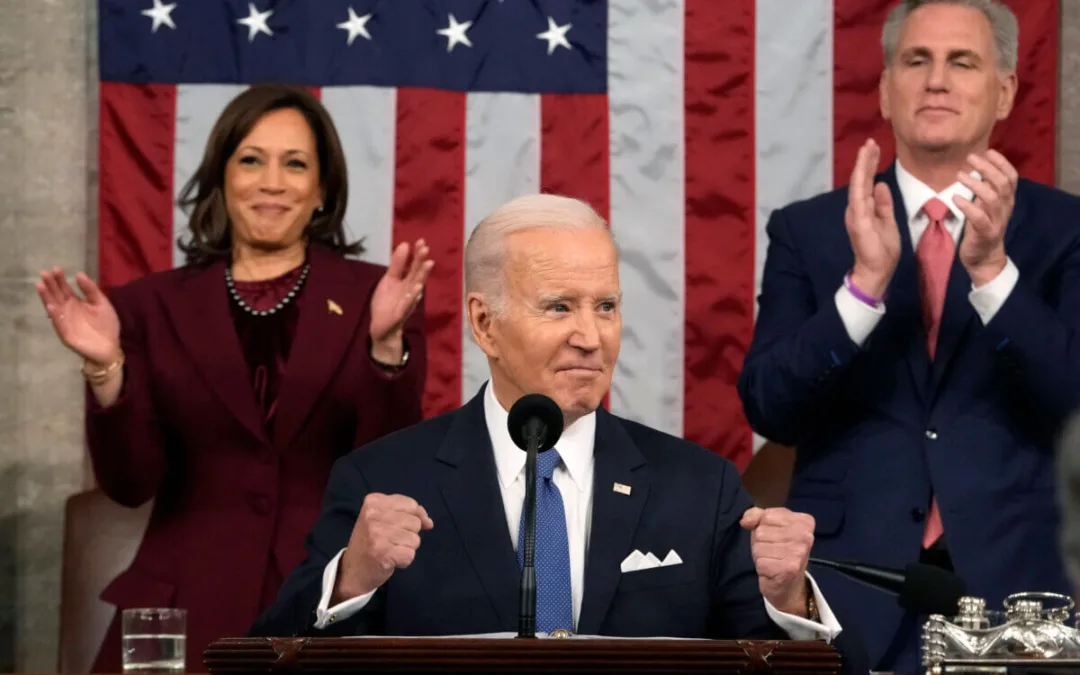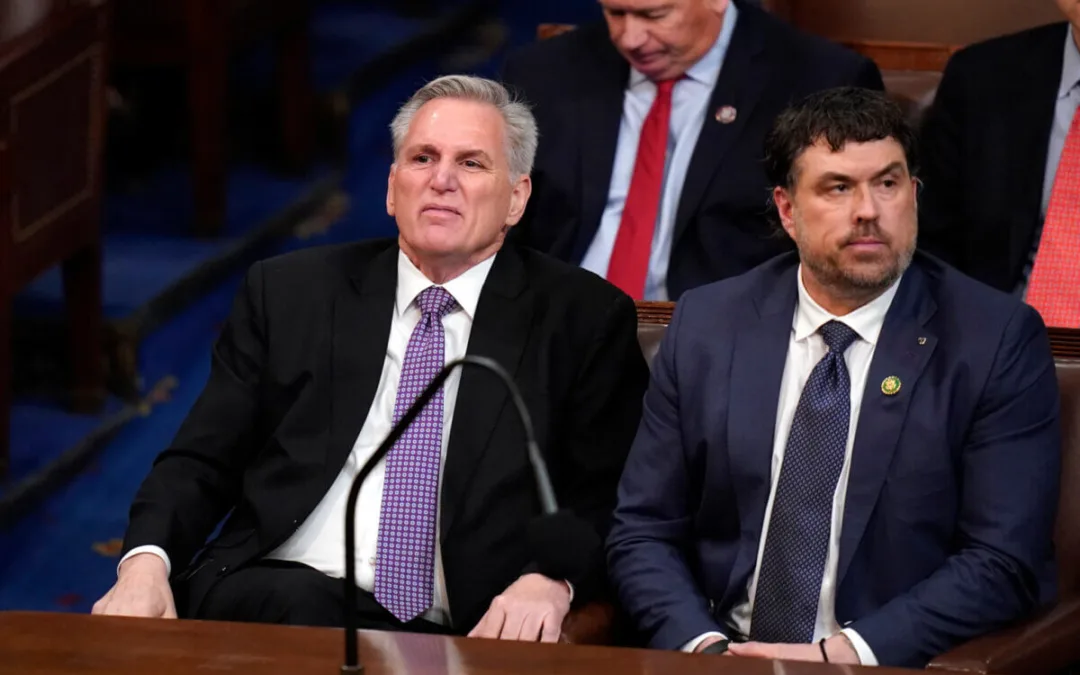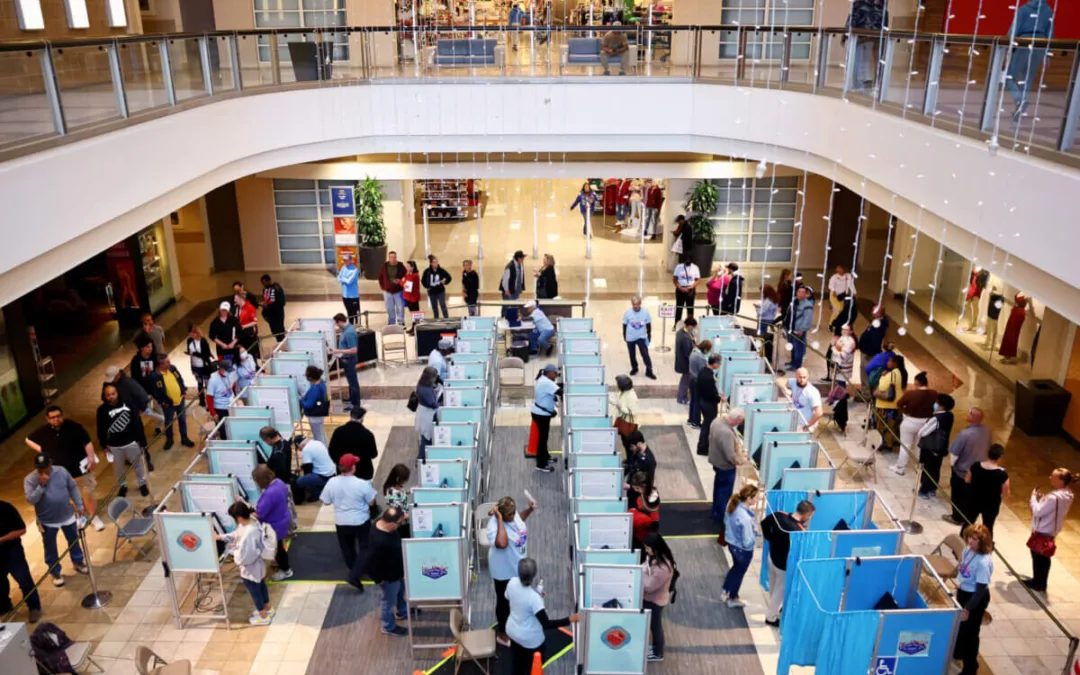
Image via Shutterstock.
Fueled by the president’s anti-Latino stance, many have overcome their fears to make their voices heard in November. This is how some of them did it.
There are an estimated 58.9 million Hispanics in the United States. So with Latinos comprising 18.1% of the U.S. population. Of those, 30 million are eligible to register and vote. This makes this cohort a powerful—if not determinant— voice in the November 2020 presidential elections.
However, the percentage of Latinos who participate in political activities varies, but rarely exceeds, half of those eligible. Understanding that voting represents not only their individual power but also the power of their community to affect policy and shape the laws that could impact them for generations, makes the importance of exercising that power evident. Especially at a time when the president of the United States has called millions of law-abiding Latino citizens “rapists and murderers” with impunity.
So why do so many fail to register to vote, essentially giving away this basic right for all Americans? A recent study conducted by Frameshift on behalf of Acronym—The Americano’s parent company— via video calls, revealed what 25 non-voters, newly registered voters and registered voters who have decided to not vote in November feel about the process. The people surveyed are residents of 11 different states, some battleground like Florida and Arizona.
Is It Learned Helplessness?
Some non-voters are affected by a sense of powerlessness that arises from traumatic events, the study reveals. These may vary from not fitting in as a child to being told they’re worthless. Due to this, they may lack confidence in their opinions and feel powerless in their overall lives.
As adults, watching politicians promise and not deliver, and never seeing a change in society, Latinos think “It’s all corrupt anyway” or “How could one vote matter,” the study concluded.” In their minds, they don’t make a difference.
Others feel overwhelmed by the choices and the “political jargon” that may seem misleading or confusing. “I’m not always on top of government news, I don’t know how it works,” one of the study participants said. Voting becomes overwhelming because it requires that one take a stand. What if they are attacked for their views or blamed for their choices? “Voting is like trying to pass a class in school,” expressed another. So when they imagine going to the polls, non-voters feel like an unprepared student walking into an exam.
In other words, registration is not the biggest barrier they face: the moment they cast their vote is what causes them to freeze in panic.
The Times, They Are ‘A-Changin’
“[Voting] is more important now than before because of the political environment. Because how extreme the parties have become,” expressed another person polled. Prior to 2016, before Donald Trump was elected president, these non-voters didn’t feel accountable for their actions. But after seeing Trump’s negative impact in their lives and communities, many wonder “Could I do something different this time?” They started to see voting as a civic duty; the first step to becoming a participant in society.
RELATED: Is $400 Million Enough to Protect Elections From Coronavirus Disruptions? One Expert Says No.
For these non-voters, the road to casting their first vote is much like the hero’s journey of mythology. First, they must leave the security of “home” (their safety zone). But there are so many opinions, so many voices clamoring for attention! Some become afraid of being influenced or manipulated, so they embark on a solo inner journey to a quiet place where they can explore how they feel and what matters to them, undisturbed. “The pilgrimage is an opportunity to educate myself on my country,” said another participant.
According to the study, they start to use all the tools available: reading about U.S. history, learning about the candidates and their platforms, and noticing how policies affect communities.
And although they report feeling nervous as they take after step towards their goal, they also express feeling excited, “like the first day of school.” After voting, many report that it was actually easier than they imagined. They feel they have made the transition from “me” to “we”, and are now part of a community; a participant with a true sense of belonging.
Many expressed relief while others may still need confirmation that their vote was “correct.” However, most don’t see voting as the end of their journey. They acknowledged this is just the beginning and they must continue to learn and grow in order to become full participants in society.
RELATED: Trump Might End Social Distancing Measures Because He’s Worried About Re-Election
Politics

Teamsters and UPS Reach Tentative Deal to Avoid Strike, 340,000 Workers to Get Raises
The tentative deal represents a huge win for full- and part-time UPS Teamster workers, who would get significant pay raises and better working...



One Republican Senator Is Blocking 265 Military Promotions, Leaving the Marines Without a Confirmed Leader
Sen. Tommy Tuberville's decision means these military officers are not getting the pay raises they’re owed, cannot move their families to wherever...
Local News



Teamsters and UPS Reach Tentative Deal to Avoid Strike, 340,000 Workers to Get Raises
The tentative deal represents a huge win for full- and part-time UPS Teamster workers, who would get significant pay raises and better working...



One Republican Senator Is Blocking 265 Military Promotions, Leaving the Marines Without a Confirmed Leader
Sen. Tommy Tuberville's decision means these military officers are not getting the pay raises they’re owed, cannot move their families to wherever...




